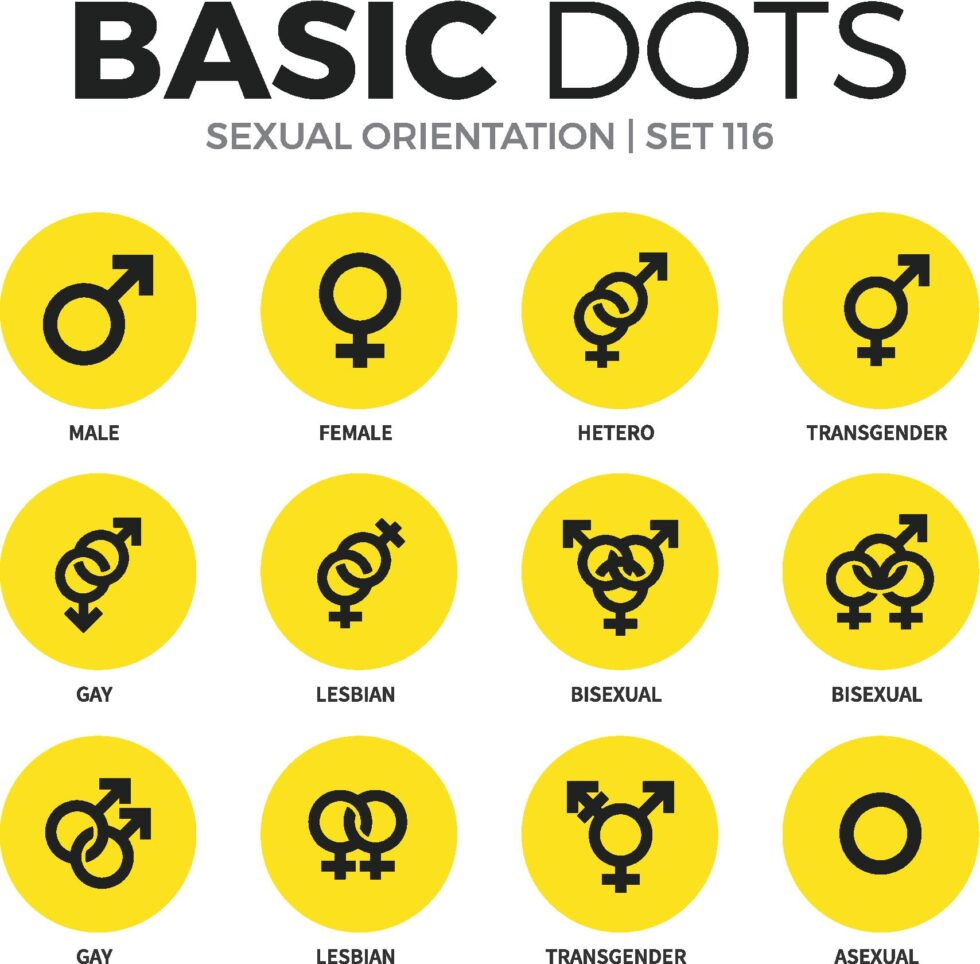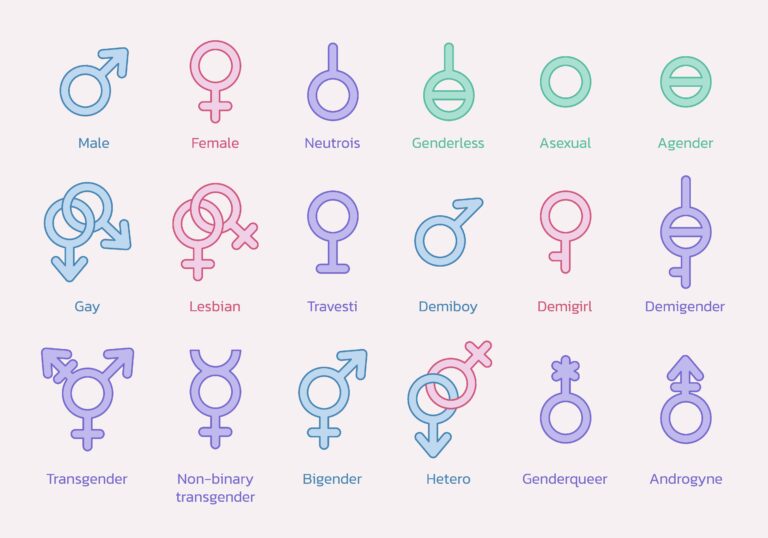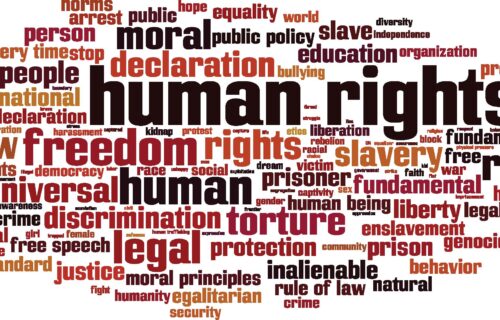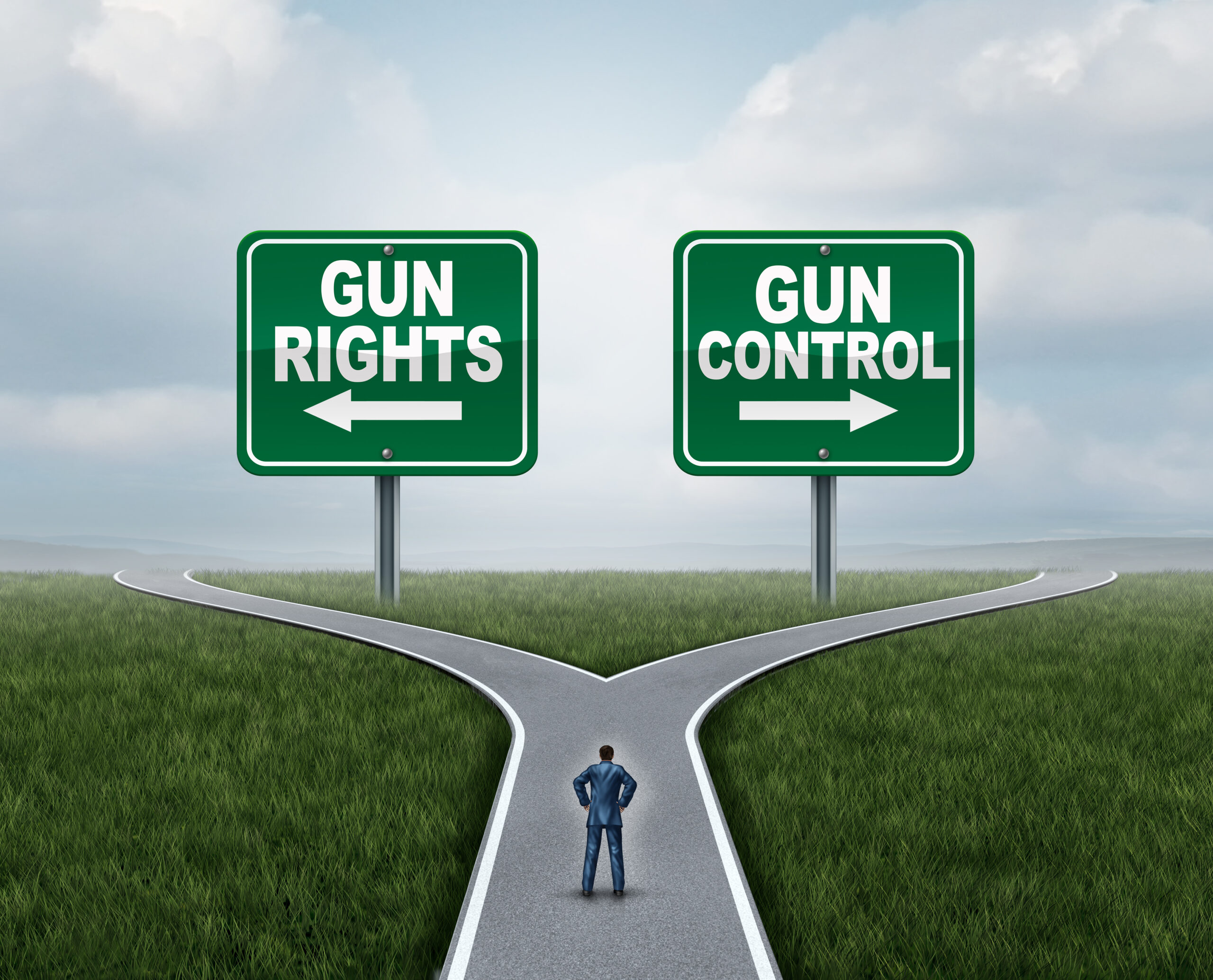
Has Sexuality Recently Changed?

The understanding of (1) sexual orientations and (2) gender identities (such as (3) Trans), has evolved over time and varies across different cultures and societies. Some cultures have recognized and accepted multiple gender identities and sexual orientations for centuries, while others have only recently begun to acknowledge and understand these concepts.
For example, in many Indigenous cultures, gender identity was traditionally understood as a spectrum rather than a binary, with individuals identifying as two-spirit or other non-binary identities. Similarly, in some cultures, homosexuality has been accepted and even celebrated, such as in Ancient Greece, where same-sex relationships were a part of cultural and social life.
However, it is important to note that the understanding and acceptance of sexual orientations and gender identities has also been suppressed or actively oppressed in many cultures and societies, leading to discrimination and persecution of individuals who do not conform to traditional gender and sexuality norms.
In recent decades, there has been increasing awareness and acceptance of the diversity of sexual orientations and gender identities across many parts of the world, thanks in part to the efforts of LGBTQ+ activists and allies. This has led to greater legal protections and social acceptance for LGBTQ+ individuals in many countries. However, there is still a long way to go to achieve full equality and acceptance for all individuals regardless of their sexual orientation or gender identity.
The key point is the array of sexual and gender orientations are not, by any stretch of one’s imagination, new. However, right now they are being used as dangerous political weapons to distract us from the more devious objective; the insidious attempt to force “evangelizing” our nation. Not only is this unconstitutional, it’s causing focused human destruction, aka (3) GENOCIDE and cannot continue without dire and disastrous outcomes. I will address this in my next blog post.
What IS needed now is to reinstate compassionate understanding and acceptance of our differences. That has been the foundation of America is to be a melting pot. Yet many now are instilling an unjustified fear through targeted, intentional disinformation. These are the actions of predators who desire power over personhood. They choose greed over collaboration. They prefer to destroy rather than build bridges (both physical and metaphorical).
Blog list of term definitions
(1) Sexual orientation refers to a person’s pattern of emotional, romantic, or sexual attraction to individuals of a particular gender or genders. It is a fundamental aspect of a person’s identity, and can be experienced and expressed in many different ways.
The most commonly recognized sexual orientations are heterosexual (attraction to people of the opposite gender), homosexual (attraction to people of the same gender), and bisexual (attraction to people of both genders). However, there are also many other sexual orientations that exist along a spectrum, including pansexual (attraction to people of any gender identity), asexual (lack of sexual attraction to others), dem-isexual (sexual attraction only to those with whom a strong emotional connection has been formed), and many more.
It is important to note that sexual orientation is not a choice and cannot be changed. It is a natural part of a person’s identity and should be respected and accepted without discrimination.
(2) Gender identity refers to a person’s internal sense of their own gender, which may or may not align with the gender they were assigned at birth based on their biological sex. In other words, it is a person’s subjective experience of their own gender, which may be different from the gender typically associated with their physical characteristics.
Gender identity is often described as a spectrum, with male and female at either end and a range of other gender identities in between, such as nonbinary, genderqueer, and gender-fluid. Some people may also identify as transgender, meaning that their gender identity differs from the sex they were assigned at birth.
It is important to note that gender identity is different from sexual orientation, which refers to a person’s emotional, romantic, or sexual attraction to others. While they are often related, they are distinct aspects of a person’s identity.
Respecting a person’s gender identity is crucial to creating a more inclusive and equitable society, as it allows people to express themselves authentically and live without fear of discrimination or violence.
(3) Transgender; While the term “transgender” is relatively new, the concept of people experiencing gender incongruence or gender dysphoria (feeling a mismatch between one’s gender identity and the sex they were assigned at birth) has been documented throughout history and across cultures.
For example, some Indigenous cultures recognized and accepted people who identified as a third gender or as a combination of male and female. In ancient Rome, there were individuals who were castrated to live as women, and in South Asian cultures, hijras are considered to be a distinct gender category.
However, it is important to note that the experiences of transgender individuals have varied widely throughout history and across different societies, and acceptance and understanding of gender diversity have often been limited. It is only in recent decades that the transgender community has gained greater visibility and recognition, as well as legal protections against discrimination and violence
(4) Genocide is when there is an attempt to eradicate a group of people based on their sexuality, race, religion, or other characteristic, it is called genocide. Genocide is defined by the United Nations as “acts committed with intent to destroy, in whole or in part, a national, ethnic, racial or religious group.” This includes killing members of the group, causing serious bodily or mental harm to members of the group, deliberately imposing conditions that will lead to the physical destruction of the group, and preventing births within the group.
Genocide is widely recognized as one of the most serious human rights violations and is considered a crime under international law. The Holocaust, the Rwandan genocide, and the Bosnian genocide are among the most well-known examples of genocide in modern history. However, there have been many other instances of genocide throughout history and around the world.
LGBTQ+ is an acronym that stands for lesbian, gay, bisexual, transgender, queer/questioning, and others. The “+” symbol is often used to represent other identities and experiences that fall under the umbrella of sexual orientation and gender identity, such as asexual, intersex, and gender-nonconforming individuals.
The term is used to refer to a diverse community of people who share a common experience of being marginalized or stigmatized based on their sexual orientation or gender identity. The LGBTQ+ community advocates for social and legal equality, including the right to marry, adoption, access to healthcare, and protection against discrimination and hate crimes.
It is important to note that the LGBTQ+ community is not a monolithic group, and individuals within the community may have different experiences, identities, and priorities. Additionally, not all individuals who identify as lesbian, gay, bisexual, transgender, queer, or other identities may use the term “LGBTQ+” to describe themselves.

Dr. Nancy Sutton Pierce is a certified Clinical Sexologist, Relationship Expert & International Speaker who has dedicated her career to educating and empowering individuals and couples to create more fulfilling relationships and sexual experiences sans guilt and shame from a lifetime of dogma.
What is “Dogma”?
The term “dogma” generally refers to a set of beliefs or principles that are held as true and unquestionable by a particular group or organization, typically related to religion or ideology.
Dogma can be characterized by strict adherence to a particular doctrine or set of principles, often without any room for questioning or dissent. It can be used to justify beliefs or actions that might otherwise be questioned or criticized.
A clinical sexologist is a professional who specializes in the study of human sexuality and sexual health, and who provides therapy and counseling services to individuals and couples experiencing sexual issues or concerns.
Clinical sexologists are trained to address a wide range of sexual issues, including sexual dysfunction, sexual trauma, relationship problems, gender identity issues, and concerns related to sexual orientation, among others. They may work in private practice, hospitals, clinics, or other healthcare settings, and often work collaboratively with other healthcare providers, such as physicians, psychologists, and social workers.
Clinical sexologists typically hold advanced degrees in fields such as human sexuality, psychology, or counseling, and may be licensed or certified by professional organizations such as the American Association of Sexuality Educators, Counselors and Therapists (AASECT) or the World Association for Sexual Health (WAS). They are trained to provide non-judgmental, compassionate care to individuals and couples seeking support for their sexual health and well-being.





Add A Comment